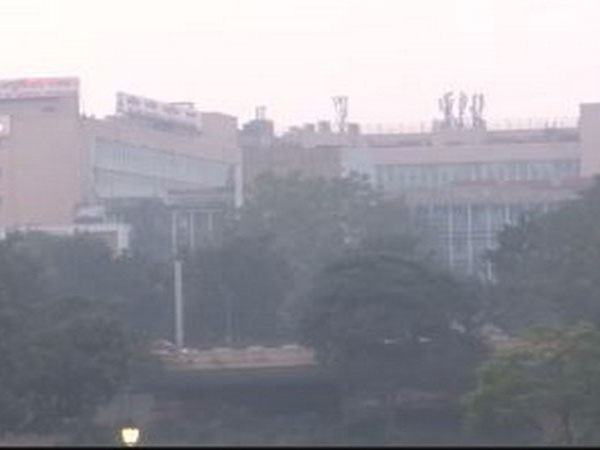Winter’s Foggy Embrace: Weather Updates from Across India
As winter deepens in India, cities experience a mix of chilly temperatures and foggy atmospheres. Guwahati and the Taj Mahal offer picturesque views, while Delhi grapples with dropping temperatures and air quality challenges. The Supreme Court relaxes pollution restrictions amidst an improvement in Delhi’s Air Quality Index.

- Country:
- India
Winter is casting its spell across India, as Guwahati, Assam, basks under a thin veil of fog, creating a serene and picturesque panorama. The India Meteorological Department (IMD) reported a dip in minimum temperature to 16°C on Saturday, adding a chilly edge to the seasonal air. Residents are advised to prepare for partly cloudy skies later in the day.
In Uttar Pradesh, the iconic Taj Mahal, shrouded in fog, exudes an ethereal charm, as temperatures take a nosedive in the region. This weather metamorphosis offers tourists and locals a distinctive lens through which to admire the monument, setting the perfect wintry backdrop for a memorable experience. Meanwhile, Jammu and Kashmir showcase a wide temperature range, with notable points such as Gulmarg at -1.6°C and Pahalgam at -2°C. A cold wave tightens its grip over the Kashmir Valley, pushing mercury levels below zero.
Delhi experienced a foggy start to the day, with specific areas like Safdarjung Hospital enveloped in a misty curtain; the minimum temperature recorded was 8°C, according to IMD. Moradabad was not spared, with dense fog accompanying a dip to 11°C. On Sunday morning, Safdarjung logged a frigid 7.4°C, whereas Palam stood at 10.4°C. IMD forecasts suggest further declines, with temperatures potentially reaching 6°C by December 10. The city's Air Quality Index (AQI) slipped into the 'poor' category, at 219 by Saturday morning, as measured by the Central Pollution Control Board.
In a significant development, the Supreme Court has given the go-ahead for the Commission for Air Quality Management (CAQM) to ease the restrictions of the Graded Response Action Plan (GRAP) from Stage IV to Stage II in the Delhi-NCR area, reflecting a positive shift in air quality conditions. Following the Supreme Court's directive, CAQM rescinded GRAP Stages IV and III throughout the region, although Stages II and I will remain operative.
(With inputs from agencies.)
- READ MORE ON:
- winter
- India
- fog
- temperature
- Delhi
- AQI
- Taj Mahal
- Jammu Kashmir
- Supreme Court
- GRAP
ALSO READ
Delhi Capitals beat UP Warriorz by seven wickets in their Women's Premier League match in Navi Mumbai.
Lizelle Lee Leads Delhi Capitals to Victory in WPL Thriller
Delhi to Boost Healthcare: 3,237 New Hospital Beds in Sight!
Transforming Public Health: Delhi's Innovative Approach to Liver Care
Delhi Capitals vs UP Warriorz: A Toss for Triumph in the Women's Premier League










